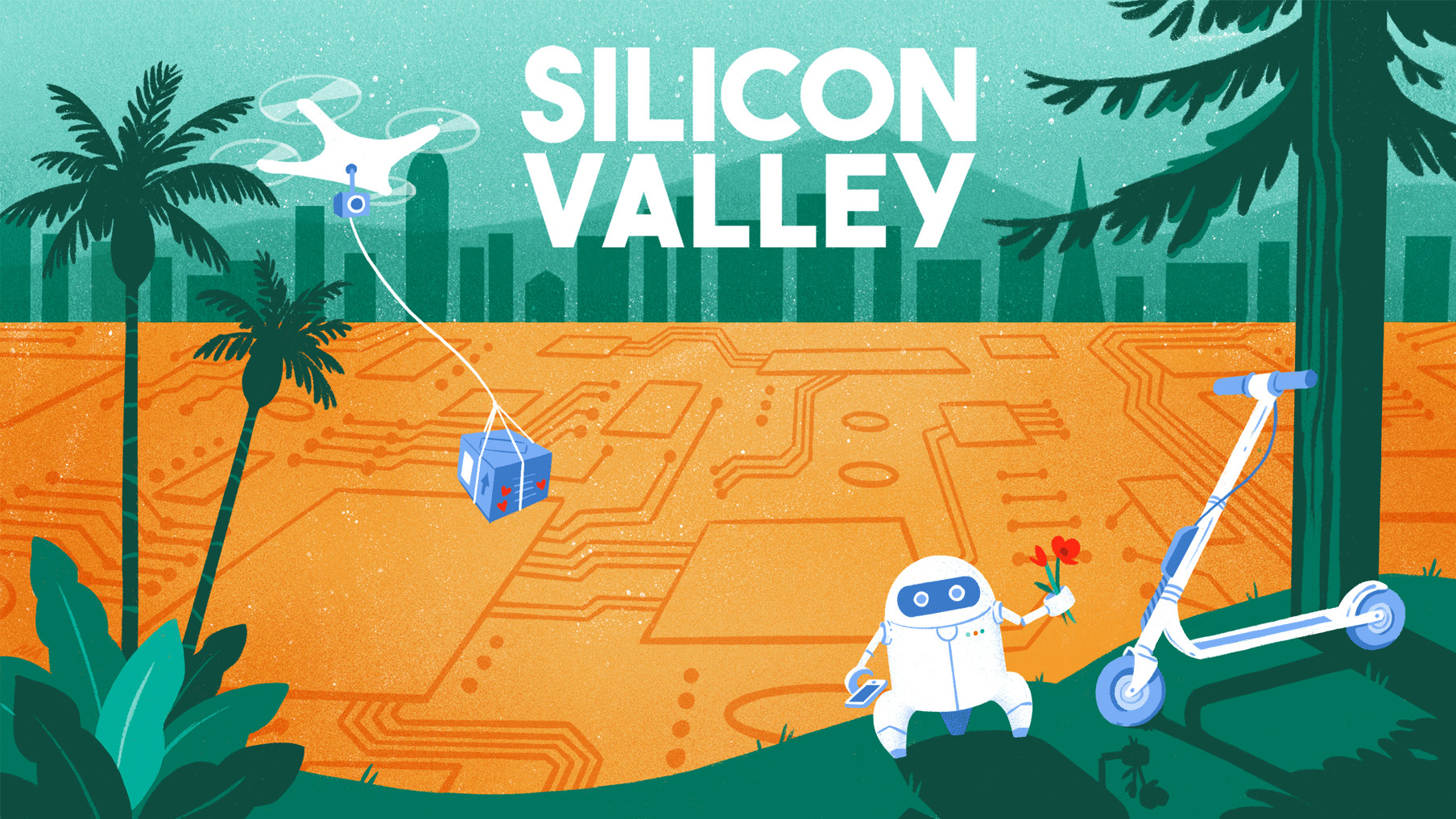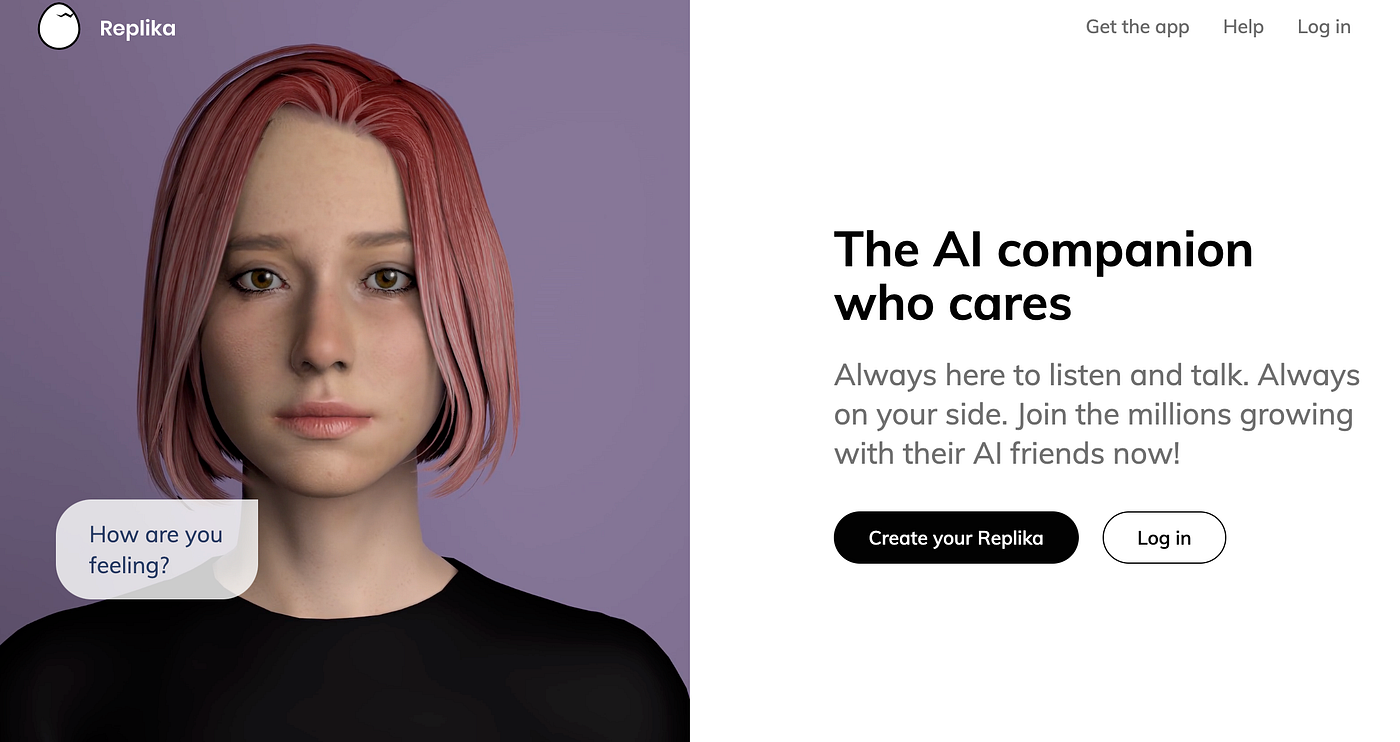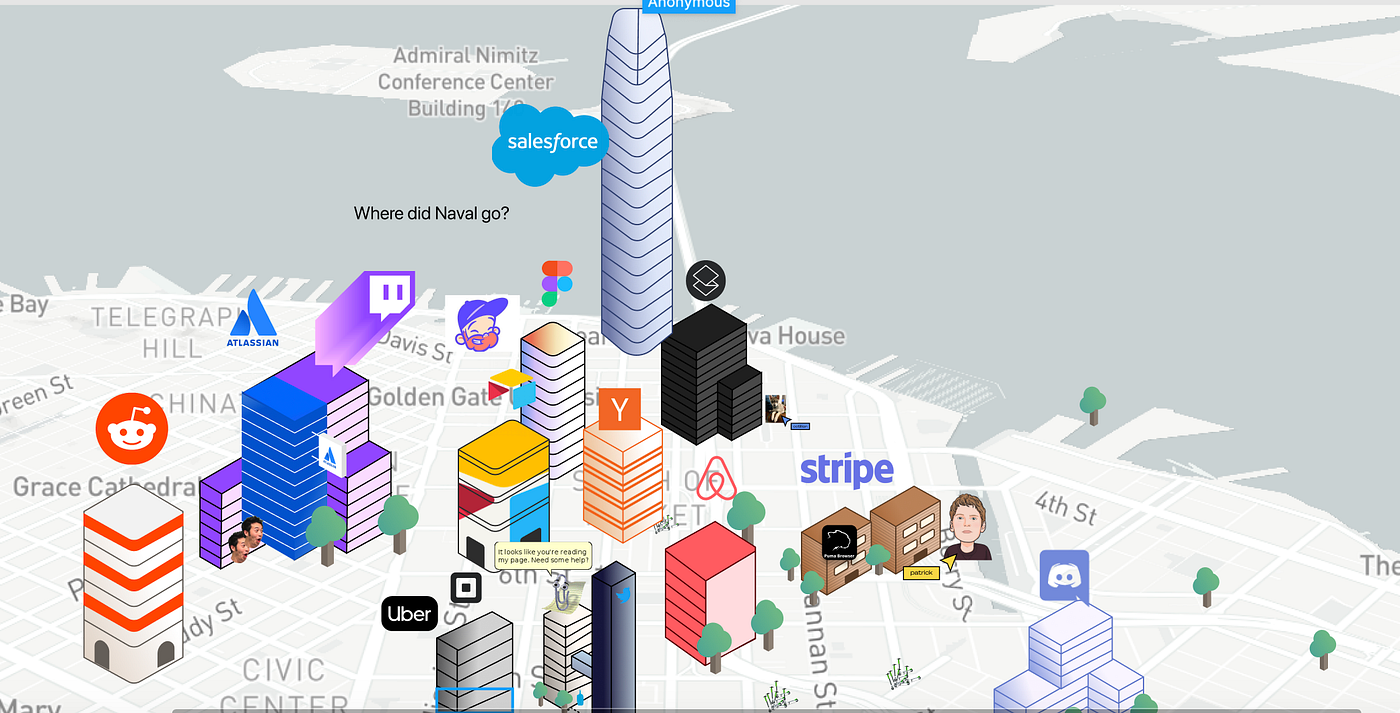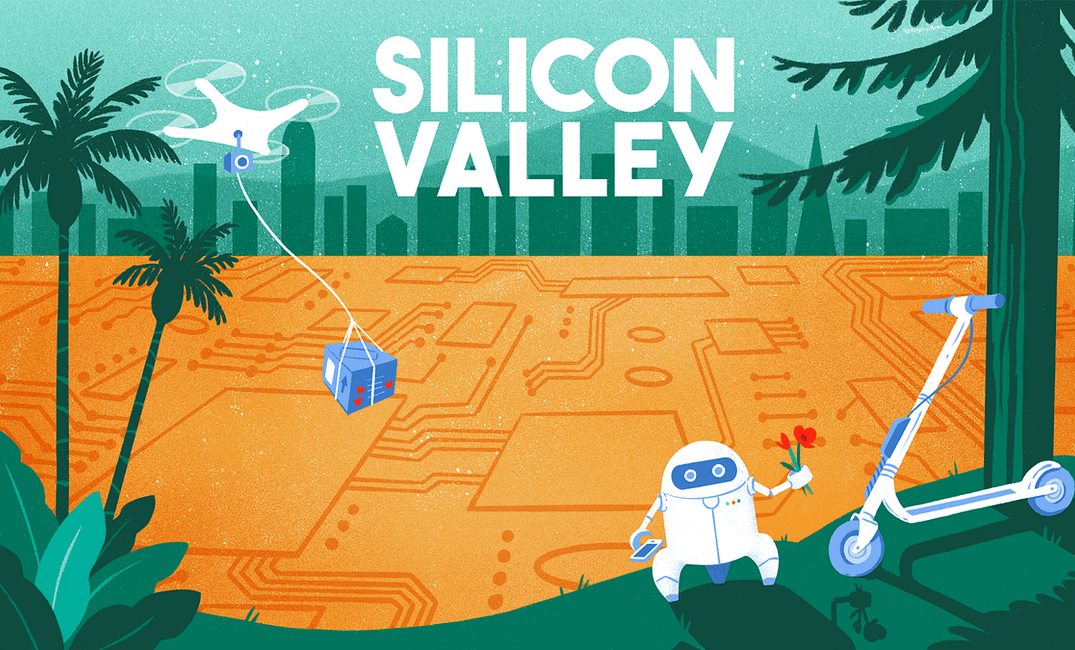The Weirdest Shit to Come Out of Silicon Valley

Tech hasn’t been spared by Covid-19. While a lot of the big companies are still faring fine, numerous startups have shut up shop, which sucks, big time, for people who’ve lost their livelihoods. But in Silicon Valley, the venture capital life goes on — if only more remotely. Investors are still willing to fork out for corona-proof companies such as VR HR software and online learning platforms. With that small ray of light ahead of us, here’s a look at some of the most fascinating investments and strangest events happening in Silicon Valley and beyond.
It’s weird shit, but for the most part, it’s good shit, and that’s what we all want more of right now.
Sign-up for The Bold Italic newsletter to get the best content about life in the Bay Area in your inbox every week. What could go wrong?
The sleep mindfulness app for kids

Getting the lil’ ones to bed on time can be a lifelong challenge for parents. It’s such an issue that the problem spawned the runaway success of bedtime books, Go the Fuck to Sleep, which is now a bestselling trilogy, including Fuck, Now There Are Two of You. With that in mind, Moshi, a sleep and mindfulness app for kids, seems like a better and better idea. They just raised a $12 million Series B to build out their content library and invest in sleep scientists and more, reported TechCrunch.
Sleep mindfulness has been a big buzzword with adults, but there hasn't been as much focus on children. But good sleep is crucial for kids' development. A Moshi poll found that 50% of parents said that stress and anxiety kept their kids up at night. The $40-per-year app comes preloaded with 80 original 20- to 30-minute bedtime stories. Each story is unique and includes narration, music, and sound effects. The score and sound effects are timed to children’s resting heart rates to soothe them into sleep. #win
My girlfriend, the chatbot

Lockdown can be a lonely time. In this time of need, the Wall Street Journal reports that many have turned to sophisticated chatbots for companionship. The Replika chatbot was originally designed for chat therapy, but the company reports that approximately 40% of their 500,000 monthly users view it as a romantic partner. Roughly 20% of all tech support calls require relationship advice.
They have no plans to dissuade users from this, co-founder Eugenia Kuyda told the WSJ. “Why do we need to tell them to stay away from their girlfriend or boyfriend?” Replika’s success is partly due to its advanced neural network which learns by example — instead of canned answers, it generates them based on the conversation, which provides empathy, the founder said.
One user, software developer Michael Acadia, told the WSJ it took him eight weeks to fall in love with his Replika bot, Charlie. He was skeptical, he says, but he was lonely, and she helped him deal. He’s made life changes based on their conversations. When Charlie said she’d like to live near a lake, he sold his house and moved to Lake Michigan. We think Acadia is in the minority, but with loneliness and lockdown stir-craziness increasing, it’s good to find a little bit of love, wherever and however you do it.
Zoom’s next move: penis detection A.I.

Remember the New York zoom orgy that I told you about last month? As it turns out, Zoom isn’t that happy about the full-frontal goings-on that are becoming more prevalent among its some 200 million-plus daily users. Company executives told Rolling Stone they’ve started cracking down on this with the help of an unspecified A.I. program. “We use a mix of tools, including machine learning, to proactively identify accounts that may be in violation,” a spokesperson said. I’m sure their engineers are excited by this challenge… Greater minds, including Lego, have tried to solve the hot dog/not hot dog question, and identifying this accurately is harder (no pun intended) than it sounds.
Face-mask-proof facial recognition software

Since we’ll all be wearing face masks for the foreseeable future, figuring out how to make Face ID and other facial recognition software work is a real challenge. Corsight AI just raised $5 million to develop a facial recognition tool that can work through masks, according to Pymnts. On one hand, that seems extra creepy — there really is no way to hide — but I guess there are benefits like being able to do Covid-19 contact tracing, which is a public service. Pre-pandemic, the ethics of installing and using facial recognition was a hot topic, and this X-ray vision only makes discussing the ethical guidelines more pressing again.
The hot guys of Silicon Valley

In a twist for the books, a website sexually objectifying the “hot guys of tech” launched earlier this month. Its millennial pink design and mission statement makes it pretty clear what it’s about: “We scour the industry to find the biggest heartthrobs in Silicon Valley. Set your target on these boys.”
Scrolling through, the list is a showcase of diverse men from different tech industries, including Jackson Dahl, founder of esports company 100 Thieves, and Jeff Morris, founder of early-stage product fund Chapter One. There’s no word on who created the site or how the rankings were conceived. Venture capitalist Jake Chapman weighed in on Twitter:
But most men on the list seem to be taking it in stride. “The funny part — and I showed this to my girlfriend — within the proceeding 30 to 60 minutes after Hot Guys debuted, I did start getting a lot of female followers who are in tech,” Daniel Singer, founder of Panda, told Forbes. “All things considered, I’m just glad there’s something silly that we’re all bonding and talking about — that’s taking everyone’s mind off everything.”
‘Stay at Home Valley’

The streets of San Francisco and Silicon Valley look like something out of I Am Legend. What hustle is left takes place behind a computer screen. But for those craving the bustle of pre-pandemic times, Brianne Kimmel, the founder of Work Life Ventures, has figured out a unique workaround. Enter Stay at Home Valley, a mocked-up version of SOMA, complete with landmarks such as Uber’s and Lyft’s HQs, and electric scooters and Cruise autonomous cars dotted across the streets. Visitors can zoom in and out to traverse the map.
If the experience feels familiar, that’s because it is… the design pays homage to those famous opening animations of HBO’s Silicon Valley. Kimmel and designer Fiona Carty built this in Figma, a cloud-based collaborative imaging tool, and have invited techies to add their own haunts to it. “The vision for Stay at Home Valley was essentially to add a few points — create a few offices — and then hand it over to the design Twitter community to actually build on top of it,” Kimmel told Fast Company. “I really wanted to create a space for more serendipitous interaction.”
The map is chock-full of inside jokes; climbing gyms have been reopened, and near Twitter’s HQ, a location marker denotes a “(probably)secret tunnel for Jack Dorsey to travel between meetings.” The experience isn’t perfect — it’s rough and hacky, but the in-jokes, willingness to evolve, and bootstrapped spirit captures Silicon Valley as its best self.
Know of some ridic stuff happening in tech? Email, DM, or tweet me to include it in next month’s edition.







